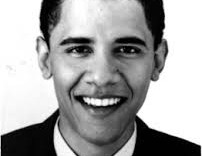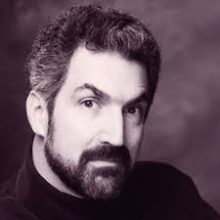Here is a recent conversation recordedDaniel Pipes, the best expert by far on the seething and long-running anti-western turmoil in the Arab Middle East. But first some words of background.
Many American foreign affairs scholars classify themselves as of the school of “realism.” That supposedly means that they take inter-nation competition and distrust as always operative, potentially or actually. A further premise is that struggles of that sort will persist until “victory” or exhaustion are reached. Nowhere is this overview of “international relations” more regnant than in the clusters of “Middle Eastern scholarship” found at many American universities.
Together with many hidden away in the State Department and more visible and audible in the American and West European print and electronic press, the prevailing view among such Middle East “experts” has been this: that murderous jihadism, in its many contemporary manifestations, was and is an inevitable reaction to the humiliation (originally colonialistic and then Israeli) to which the Arab nations and peoples have been subjected. At their worst such intellectoid apologists have sometimes come close to implying that “tout comprendre c’est tout pardonner.”
Compounding the offense is the increasingly evoked gambit (Edward Said may well have been its most prominent American academic exemplar) that the standard of “realism” forces all explanation of the renascent barbarism of Al Queda to be understood on this basis. That view is now often whispered – whether in academic, journalistic or governmental settings – about the new monstrosity of ISIS/ISIL.
Some well qualified scholars – trained in the American scholastic tradition but operating beyond its received “truths” – have provided a far more accurately realistic account of where and how modern jihadism came from, how it operates and how it may be countered, perhaps in a rather extended “twilight struggle.”
Foremost among such analysts is the redoubtable Daniel Pipes. His rejection by some of the entrenched academics is in fact testimony to his tremendously important contributions over the last 30 years as he provided a detailed and truly realistic account of what went wrong in the Middle East, and in Islam itself.







